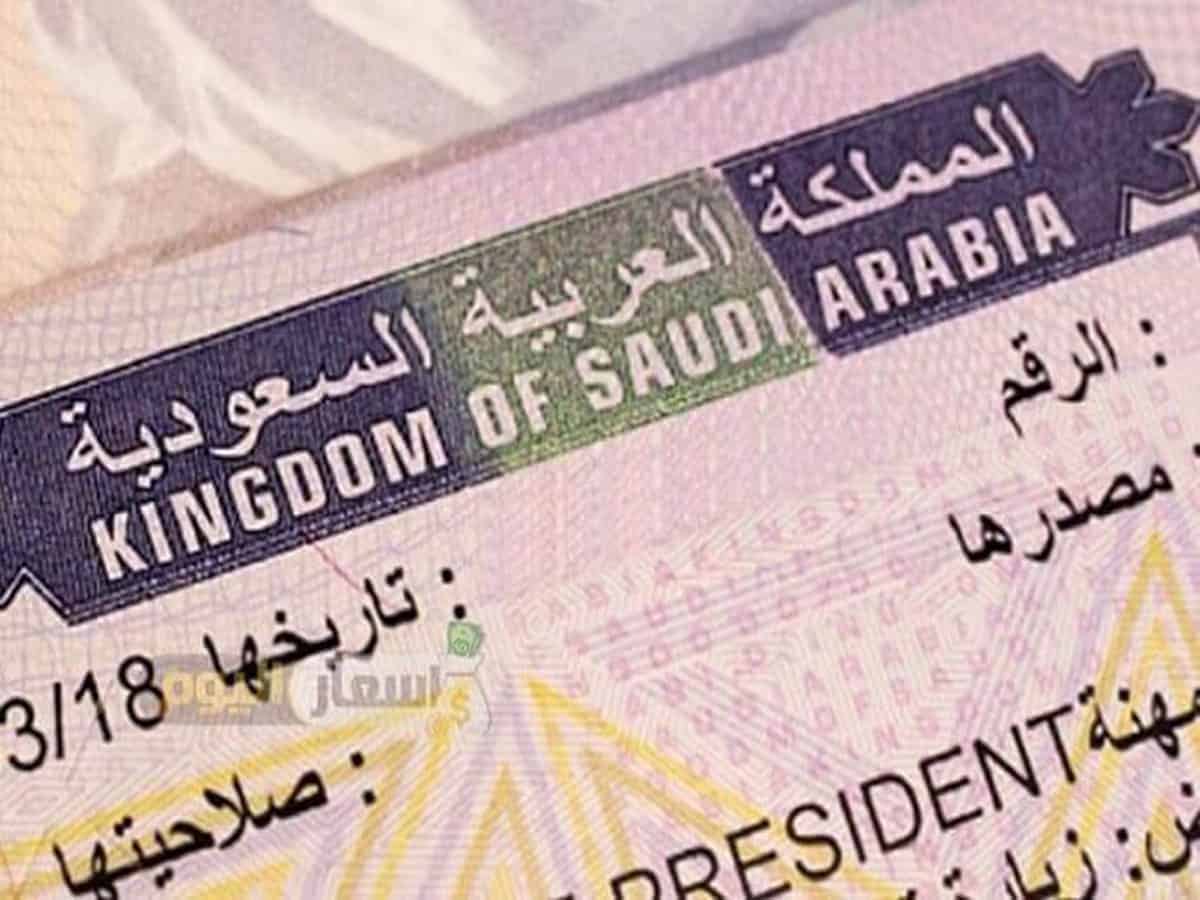Riyadh: Saudi Arabia recorded more recoveries from the pandemic than new cases, the health ministry announced on Friday.
With 2,460 new recoveries over the past 24 hours, the total number of recoveries reach 57,013 while the total number of new infections were 1,581 as of Thursday. The graph continues to fall.
The death toll in the Kingdom rose by 17 to a total of 458 fatalities.
Saudi Arabia has just come out of a 24-hour curfew period for the Eid Al-Fitr holidays. Residents have begun heading out of their homes on Friday on the first day of the government’s three-phase plan to transition back to normality after the COVID-19 pandemic.
50-year-old documentary
The King Abdul Aziz Foundation for Research and Archives (Darah) recently released “War on Disease and Epidemics,” a documentary produced by the Ministry of Media more than 50 years ago. The movie broadcast tells the story of the Saudi government’s efforts to preserve the health of its citizens and ex-pats since the Kingdom’s inception, beginning with a focus on tuberculosis in the early 1950s.
“First, the country was divided into 10 semi-autonomous regions where hospitals, health care clinics and research centers were established. In a short time, these regions were provided with all the necessary medical equipment to detect diseases and fight them wherever they were found,” the documentary said adding that the medical treatment was provided to everyone in Saudi Arabia for free at that time.
“(Fifty years ago) Saudi Arabia withdrew more than SR140 million ($37.3million) from the country’s key source of income — oil revenues — to help health care workers protect people against sicknesses.”
Thanks to early intervention, within a year, mobile medical units traveling around the country had taken 20,000 X-rays in hospitals and health care clinics. The number of tuberculosis cases in the Kingdom dropped and those infected were quarantined at hospitals established in cities with lower average temperatures, such as Al-Sadad Chest Disease Hospital in Taif.
After controlling tuberculosis, the Health Ministry began to intensify its efforts to deal with malaria. Agents were sent out to spray insecticides on ponds and wells where mosquitoes were likely to lay their eggs, and a dedicated malaria center was established.
“When a person was suspected of being infected, a sample of their blood was taken and sent to the regional laboratories. When confirmed, the Health Ministry provided them with the necessary drugs straightaway,” the documentary says.

